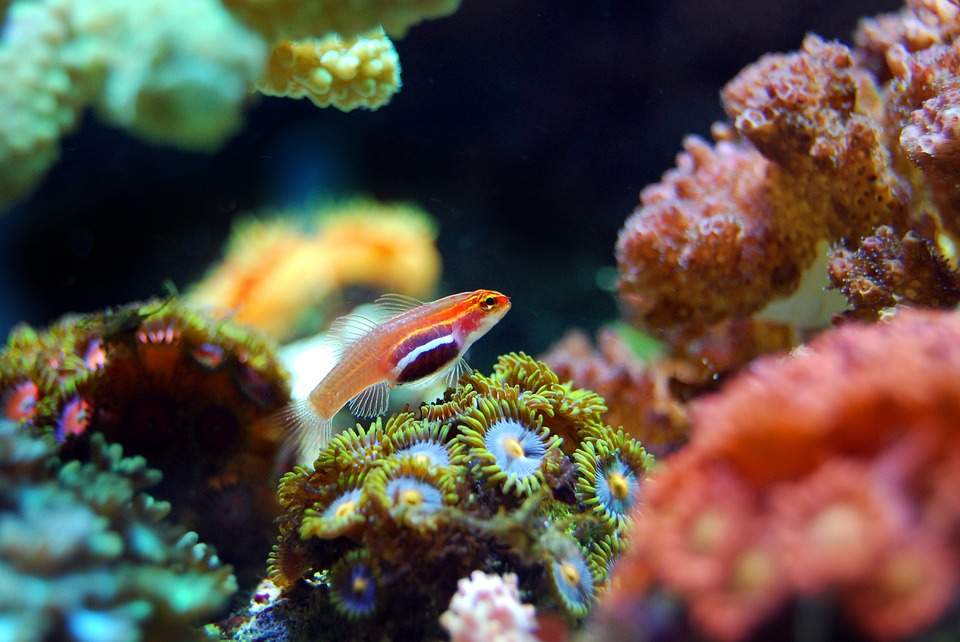Coral reefs play an essential role in the health of the oceans and the economy of coastal countries. Some of them even serve those who live far from the sea. Unfortunately, they are threatened by overfishing, global warming, ocean acidification, and pollution produced on the continents. Here are some tips that you can use to help preserve coral reefs:
1) Choose Sustainable Fisheries
Sustainable fishing takes into account rules that include the conservation of fish stocks and the ecosystems that conserve them. However, in most countries, sustainable consumption is still in its infancy. For instance, most of the more than 500,000 tons of seafood extracted in Brazil are produced unsustainably. The positive point is that some initiatives have built fish tracking systems that can inform consumers via smartphone about the purchased fish’s origin. In other places, the answer is to ask the sellers where the fish comes from.

2) Do Not Gift People Corals
Corals are often used as decoration or ornaments. However, they are living animals that eat, grow, and reproduce, and it takes many decades to form a reef structure. Every time someone gives a coral as a gift, they create the demand to collect these animals illegally. When a coral is taken from a reef, the corals around it often don’t resist and die.
3) Educate Yourself About Coral Reefs
Look for information about corals and understand why reefs are so valuable to people, fish, plants, and animals. Reefs have as much biodiversity as tropical forests and are home to more species than any other marine environment. Know the different threats to corals, and you can help others understand their vulnerability and importance.
4) Do Not Touch Corals When Diving
Coral reefs are beautiful and should be appreciated, but you should not touch them. They are living creatures, and when touched, the sediments that are lifted can suffocate them. Corals are sessile animals; they are attached to the seabed and “root,” as plants do. So it is no wonder that many people believe that these animals are plants.
5) Volunteer in Cleaning Program
Keep an eye on coral cleaning campaigns and join in. Cleaning the beach is also essential because the dumped ashore waste eventually ends up on the reefs. If you live far from the beaches, you can help with campaigns to protect the watershed: the pollution of the rivers also reaches the sea and damages the health of the corals.

6) Save Water
The less water used, the less sewage water ends up in the sea. Moreover, all the water flows from each continent to the sea carries sediments and pollutants that contribute to the spread of algae, making the seawater cloudy and reducing the corals’ light.
7) Be a ‘’Marine Waste Inspector’’
When you go to the beach, try to bring your garbage and the garbage left by other people in the sand and water as well. The waste on the beach is unpleasant and a threat to the survival of various marine organisms, including corals. The oceans are already full of plastic; for instance, 8 million tons of plastic waste was thrown into the sea in 2010 alone. This is equivalent to about 15 shopping bags filled with plastic debris.
8) Do Not Throw Chemicals Into Rivers or the Sea
No matter how far they are from the coast, hydrographic basins end up dumping their water into the ocean. When this freshwater is polluted with chemicals, they reach the oceans and eventually end up in the corals. Products such as fertilizers, for example, have nutrients that accelerate the growth of algae, causing the seawater to become cloudy. This prevents the passage of light, which damages the corals.

What else do you think people can do to help protect coral reefs? Share your thoughts with us in the comments below!
